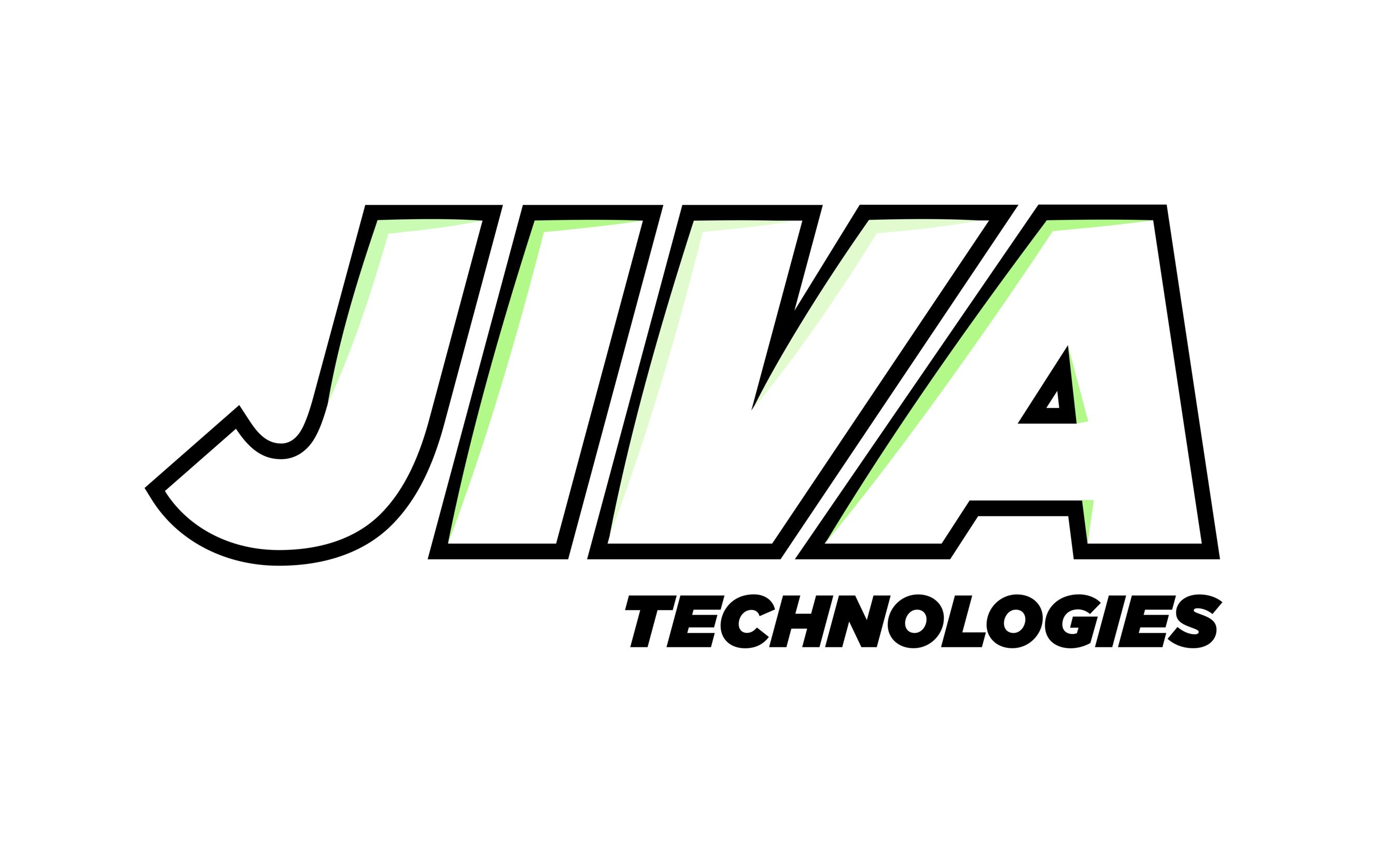NEW YORK, Jan. 31, 2025 -- Report with market evolution powered by AI - The global smart healthcare market size is estimated to grow by USD 125.7 billion from 2024-2028, according to Technavio. The market is estimated to grow at a CAGR of 9.31% during the forecast period. Growing demand for remote health monitoring is driving market growth, with a trend towards iot in healthcare. However, high costs involved with smart healthcare poses a challenge. Key market players include AirStrip Technologies Inc., Allscripts Healthcare Solutions, Apple Inc., AT&T Inc., Bollhoff Group, Brooks Automation, Cerner Corporation, Cisco, GE Healthcare, Given Imaging, Inc., Hurst Green Plastics Ltd., IBM, Logi-Tag, McKesson Corporation, Olympus Corporation, Pepperl+Fuchs, Samsung Electronics Corporation, Siemens Medical Solutions, Solstice Medical LLC, Stanley Innerspac.
Key insights into market evolution with AI-powered analysis. Explore trends, segmentation, and growth drivers- View Free Sample PDF
Smart Healthcare Market Scope | |
Report Coverage | Details |
Base year | 2023 |
Historic period | 2018 - 2022 |
Forecast period | 2024-2028 |
Growth momentum & CAGR | Accelerate at a CAGR of 9.31% |
Market growth 2024-2028 | USD 125.7 billion |
Market structure | Fragmented |
YoY growth 2022-2023 (%) | 8.6 |
Regional analysis | North America, Europe, Asia, and Rest of World (ROW) |
Performing market contribution | North America at 44% |
Key countries | US, Germany, UK, Canada, and Japan |
Key companies profiled | AirStrip Technologies Inc., Allscripts Healthcare Solutions, Apple Inc., AT&T Inc., Bollhoff Group, Brooks Automation, Cerner Corporation, Cisco, GE Healthcare, Given Imaging, Inc., Hurst Green Plastics Ltd., IBM, Logi-Tag, McKesson Corporation, Olympus Corporation, Pepperl+Fuchs, Samsung Electronics Corporation, Siemens Medical Solutions, Solstice Medical LLC, Stanley Innerspac |
Market Driver
The Smart Healthcare Market is experiencing significant growth due to the adoption of mHealth solutions, such as Vera Smart Health and Teladoc Health. RFID and Real-Time Location Systems are revolutionizing patient care by enabling real-time monitoring of vital signs like blood pressure, heart rate, oxygen level, and temperature. Smart healthcare products, including wearable devices, are transforming healthcare through cloud communication and big data analysis. Information technologies like artificial intelligence and machine learning are improving healthcare outcomes by providing personalized care. However, approvals and digital literacy remain challenges. Key market participants include traditional medical systems, caregivers, patients, families, physicians, hospitals, insurance companies, and Oral Biology research institutes. Sensor-based IoT technology is enabling remote monitoring for cognitive impairment and surgery. The advantages of smart healthcare are numerous, but high costs remain a concern. EHealth initiatives using cell phones and tablets, health-related apps, and smart wearable devices are driving market growth. Market restraints include RFID Kanban Systems and RFID Smart Cabinets, as well as Electronic Health Records and Telemedicine. Smart syringes, medicines, and RFID cabinets are also gaining popularity. The future of healthcare is connected, digital, and personalized.
The smart healthcare market is experiencing significant growth due to the increasing adoption of Internet of Things (IoT) technology in the healthcare industry. IoT enables real-time monitoring of patients, bridging the gap between physical and digital data sources. This innovation improves patient access to services, reduces operational burdens on healthcare facilities, and supports the development of digital healthcare ecosystems. Healthcare institutions are transitioning to connected hospital infrastructures, enhancing care delivery through IoT's diverse applications, both inside and outside medical facilities.
Request Sample of our comprehensive report now to stay ahead in the AI-driven market evolution!
Market Challenges
- The Smart Healthcare Market is experiencing significant growth due to the integration of information technologies like mHealth, Vera Smart Health, and Teladoc Health. Wearable devices, such as smartwatches and health monitors, are leading the charge with real-time monitoring of vital signs like blood pressure, heart rate, oxygen level, and temperature. RFID and real-time location systems enable efficient inventory management of smart healthcare products. However, challenges remain. Regulatory approvals for cognitive impairment devices and device integration with traditional medical systems can be time-consuming. High costs and digital literacy levels are also barriers to entry. Key market participants include healthcare providers, caregivers, patients, families, physicians, hospitals, insurance companies, and Oral Biology research institutes. Advantages of smart healthcare include improved health outcomes, remote patient monitoring, and cost savings. Digital health programs, eHealth, and health research are driving innovation in areas like acoustic resonance for lung function and asthma management, essential cardiology, and blood glucose monitors. The market is also seeing the emergence of smart syringes, medicines, RFID cabinets, and wearable devices for surgery preparation. Market restraints include the high cost of implementing infrastructure, RFID Kanban systems, RFID Smart Cabinets, and Electronic Health Records. Telemedicine and smart pills are also areas of growth, but face challenges related to patient trust and privacy concerns. Overall, the market for smart healthcare items and digital technology is poised for continued growth, with cell phones, tablets, and health-related apps playing a significant role.
- The cost of implementing smart healthcare solutions, such as biosensors and Electronic Health Records (EHR), remains a significant barrier to their widespread adoption. For instance, the high cost of producing biosensors, which include components like pills, fluidic sensors, flow meters, gyroscopes, and micro dispensers, significantly increases the final product price. Consumers are hesitant to invest in these devices due to their high cost. Similarly, the integration of EHR systems involves substantial expenses, posing a challenge for the global EHR market growth. These costs hinder the expansion of smart healthcare applications into new areas.
Discover how AI is revolutionizing market trends- Get your access now!
Segment Overview
This smart healthcare market report extensively covers market segmentation by
- Distribution Channel
- 1.1 Offline
- 1.2 Online
- Solution
- 2.1 Telemedicine
- 2.2 mHealth
- 2.3 EHR
- 2.4 Smart pills
- 2.5 Others
- Geography
- 3.1 North America
- 3.2 Europe
- 3.3 Asia
- 3.4 Rest of World (ROW)
- Application
1.1 Offline- The offline segment of the global smart healthcare market encompasses traditional distribution channels for delivering smart healthcare products and services to consumers. Offline retail stores, such as specialty stores, healthcare equipment stores, and electronics stores, serve as crucial distribution points for these devices. Medical equipment suppliers and distributors also play a pivotal role in offline distribution, leveraging relationships with healthcare providers, hospitals, clinics, and pharmacies to distribute advanced medical devices, telehealth systems, and remote patient monitoring equipment. These channels offer customers a personalized experience, enabling them to physically engage with smart healthcare products, receive expert advice, and address concerns. Trust and credibility built over time by providing reliable products, professional expertise, and dependable after-sales support contribute to the preference for offline distribution channels among consumers. This face-to-face interaction enhances customer satisfaction and is expected to fuel the growth of the offline segment in the global smart healthcare market.
Download a Sample of our comprehensive report today to discover how AI-driven innovations are reshaping competitive dynamics
Research Analysis
The Smart Healthcare Market is experiencing rapid growth as mHealth solutions and advanced technologies revolutionize healthcare delivery. Vera Smart Health and Teladoc Health are leading the charge with telehealth services, allowing patients to consult with healthcare professionals remotely. NHS U and other institutions are adopting RFID and Real-Time Location Systems to manage inventory and streamline processes. Apple and other tech giants are introducing smart healthcare products, such as smart wearables that monitor vital signs like blood pressure, heart rate, oxygen level, and temperature. Information technologies like big data and cloud computing enable the collection, analysis, and sharing of health information, enhancing patient care. Smart healthcare items, including smart syringes and medicines, offer improved safety and efficiency. Digital technology and smart RFID cabinets facilitate automated medication dispensing and inventory management. Overall, the integration of digital technology and mHealth is transforming healthcare, offering more personalized, convenient, and efficient care.
Market Research Overview
Smart Healthcare Market: Transforming Traditional Healthcare with mHealth and Information Technologies The Smart Healthcare Market is revolutionizing the traditional healthcare system with the integration of mHealth, RFID, Real-Time Location Systems, and advanced information technologies. These innovations enable remote patient monitoring, real-time health data analysis, and improved communication between caregivers, patients, families, physicians, hospitals, and insurance companies. Smart healthcare products, such as wearable devices, blood pressure monitors, heart rate monitors, oxygen level sensors, and temperature sensors, are essential components of this market. These devices utilize sensor-based IoT technology, enabling real-time data collection and analysis, which can lead to better health outcomes. Advancements in digital health, including eHealth, cell phones, tablets, health-related apps, and smart wearable devices, have made healthcare more accessible and convenient. However, high costs and market restraints, such as approvals and digital literacy, may hinder the growth of this market. The Smart Healthcare Market encompasses various sectors, including Oral Biology, Craniofacial Research, medical record-keeping, device integration, illness causes, and surgery. It also includes advantages like acoustic resonance for lung function assessment, asthma management, essential cardiology, blood glucose monitors, smartwatches, health monitors, pedometers, activity trackers, and smart syringes, among others. Moreover, the market includes smart RFID cabinets, remote monitoring, and telemedicine. Key market participants are continuously developing innovative solutions to address the challenges of this market, including RFID Kanban Systems, RFID Smart Cabinets, and Electronic Health Records. In conclusion, the Smart Healthcare Market is transforming the healthcare landscape with its advanced technologies, enabling better patient care, improved health outcomes, and increased efficiency in healthcare services and health research.
Table of Contents:
1 Executive Summary
2 Market Landscape
3 Market Sizing
4 Historic Market Size
5 Five Forces Analysis
6 Market Segmentation
- Distribution Channel
- Offline
- Online
- Solution
- Telemedicine
- MHealth
- EHR
- Smart Pills
- Others
- Geography
- North America
- Europe
- Asia
- Rest Of World (ROW)
- Application
7 Customer Landscape
8 Geographic Landscape
9 Drivers, Challenges, and Trends
10 Company Landscape
11 Company Analysis
12 Appendix
About Technavio
Technavio is a leading global technology research and advisory company. Their research and analysis focuses on emerging market trends and provides actionable insights to help businesses identify market opportunities and develop effective strategies to optimize their market positions.
With over 500 specialized analysts, Technavio's report library consists of more than 17,000 reports and counting, covering 800 technologies, spanning across 50 countries. Their client base consists of enterprises of all sizes, including more than 100 Fortune 500 companies. This growing client base relies on Technavio's comprehensive coverage, extensive research, and actionable market insights to identify opportunities in existing and potential markets and assess their competitive positions within changing market scenarios.
Contacts
Technavio Research
Jesse Maida
Media & Marketing Executive
US: +1 844 364 1100
UK: +44 203 893 3200
Email: media@technavio.com
Website: www.technavio.com/
This News is brought to you by Qube Mark, your trusted source for the latest updates and insights in marketing technology. Stay tuned for more groundbreaking innovations in the world of technology.









